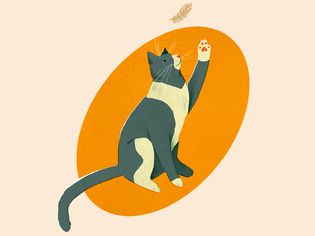
Cats Need Enrichment, TooâHere Are 6 Ideas on How to Provide It
Cats are amazing, intelligent creatures. Their lifestyle reflects the predatory skills an...
Cats may eat litter—and other undesirable materials—for a variety of reasons. This behavior is referred to as pica, the eating of non-food items.
Pica has a variety of causes and may stem from a mom abandoning her kittens, which can manifest itself in nursing behavior. Cats with pica can target all types of materials: plastic, fabric, string, paper, dirt, and even litter.
Some forms of pica may be relatively harmless or annoying—such as licking plastic bags—but eating non-food substances can cause intestinal blockages. Also, it can be a sign of an illness.
If your cat or kitten is eating litter, it could be either a health or behavior issue. If you suspect it's a health issue, you should bring your cat to the veterinarian right away, especially if the behavior appears suddenly.
Some kittens may eat litter purely out of curiosity and will grow out of the behavior with close monitoring.
Eating litter could be a sign that your cat is sick, and in particular, anemia is a condition where an affected cat could be exhibiting this sign. Anemia occurs when there is a lack of red blood cells and hemoglobin. Cat owners should check for gums that are pale, white, or bluish. Anemia can indicate a deficiency in iron, trace minerals, vitamins, or essential fatty acids.
Additionally, if your cat is anemic, the anemia could also be a sign of underlying feline leukemia virus (FeLV), kidney disease, bone marrow disease, or parasites.
Your veterinarian will perform a standard exam and will likely recommend blood work, including a complete blood count (CBC) and urinalysis. These diagnostics will confirm if the cat is anemic and help screen for underlying diseases.
Your cat could be eating litter if it's not getting sufficient nutrition from its food. This can occur if your cat is not eating a properly balanced diet, but it may also occur if your cat’s gastrointestinal tract is not effectively absorbing nutrients. Your veterinarian or a veterinary nutritionist can guide you on the appropriate steps to take if nutritional deficiency is suspected.
Kittens may eat litter out of curiosity, so it’s recommended not to use clumping litter until they are older. Ingesting clumping litter may cause an intestinal blockage. Be sure to use a non-toxic and environmentally friendly litter and monitor use. Remove your kitten from the litter box if you see it's eating the litter—just be sure your kitten has finished its business first.
Adult cats may also snack on litter if the type of litter has been changed recently, for instance, to a wheat- or corn-based litter.
Once your cat has received a clean bill of health, you can concentrate on redirecting his behavior from eating the litter. Of course, there are many types of litter: clay, clumping (scented and unscented), and those composed of corn, wheat, or paper. If your cat is eating one kind, try another.

Cats are amazing, intelligent creatures. Their lifestyle reflects the predatory skills an...
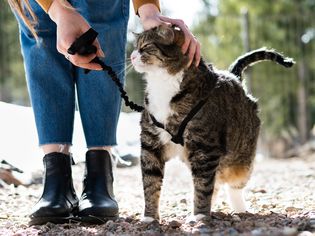
Cat lovers who want their cats to enjoy fresh air, sunshine, and the ambiance of trees, b...
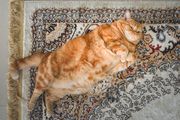
Cats who are a healthy weight are happier, more agile, and tend to live longer. Obesity,...
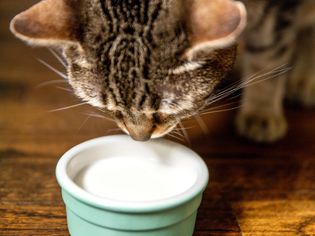
Can cats have milk? Although many people believe that milk is good for cats, the reality ...
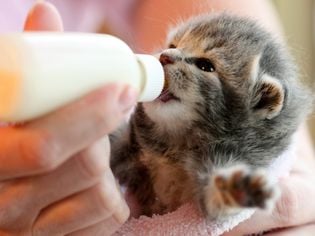
Homemade kitten milk replacer, or formula, is essential for kittens that won't suck, or w...
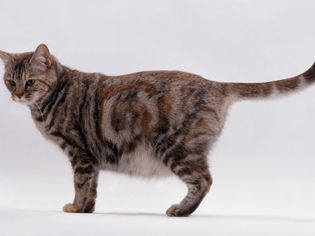
One controversial issue in shelter settings is whether or not to spay a rescued pregnant ...
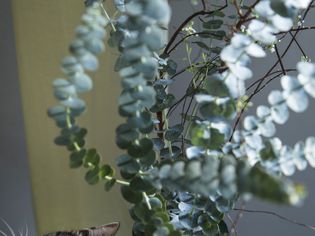
Many people love the relaxing smell of dried eucalyptus or may have heard about the healt...
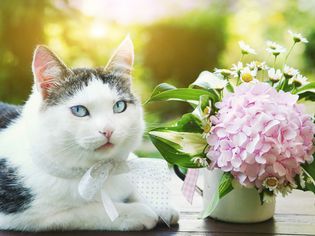
Hydrangeas are prized for their colorful blooms, but these flowering shrubs can make cats...
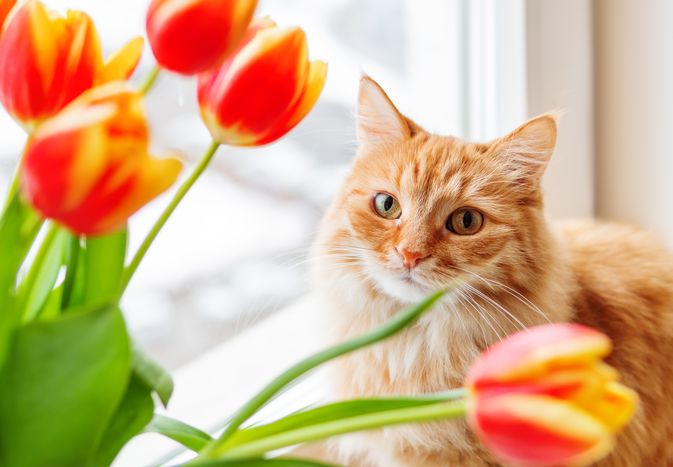
As spring unfolds, tulips emerge in all their colorful glory. These eye-catching flowers,...
Comments on "Why Cats Eat Litter and How to Stop It" :